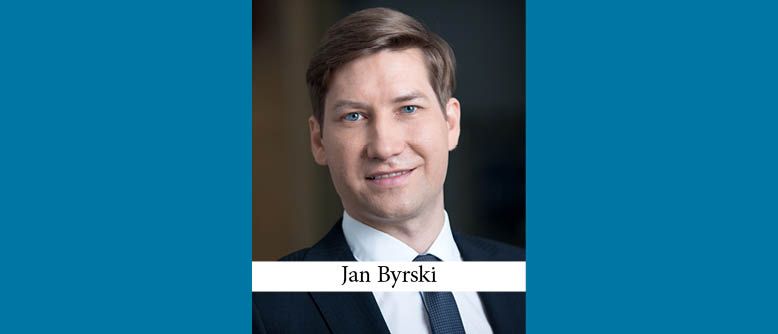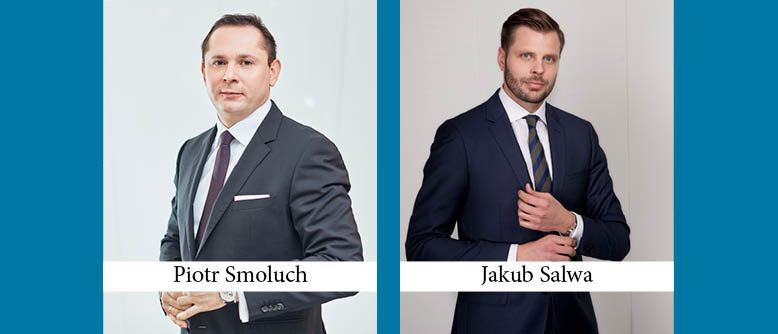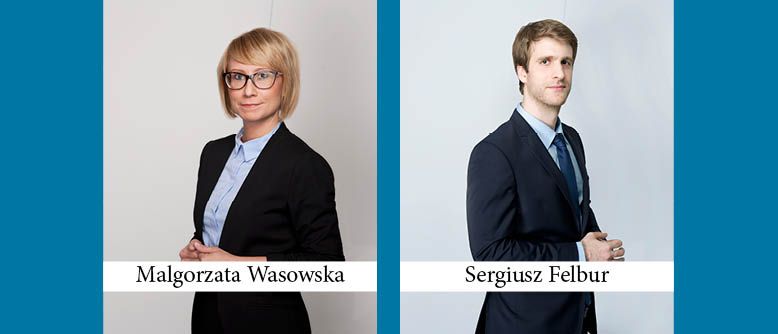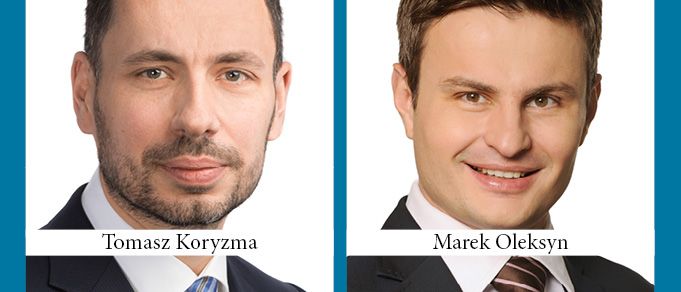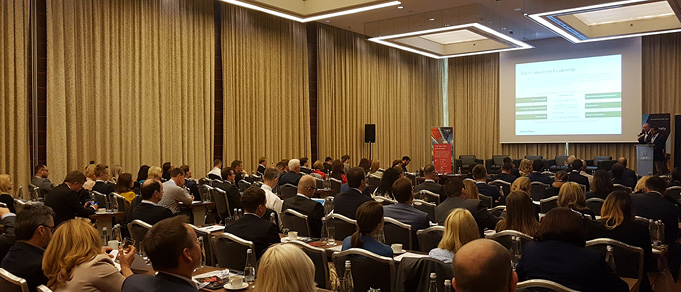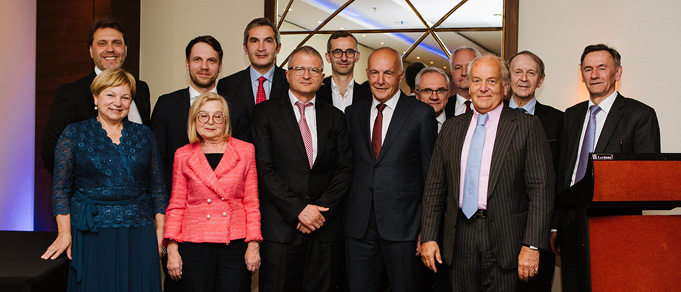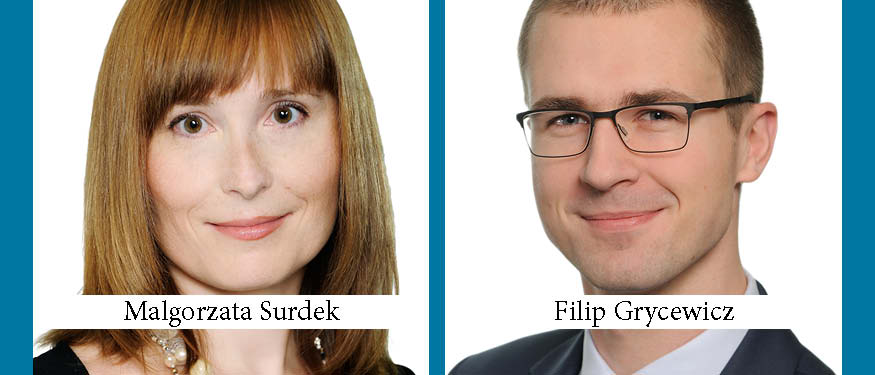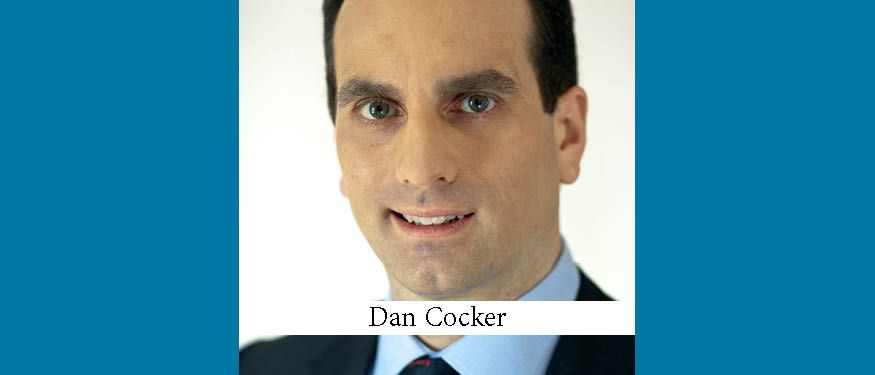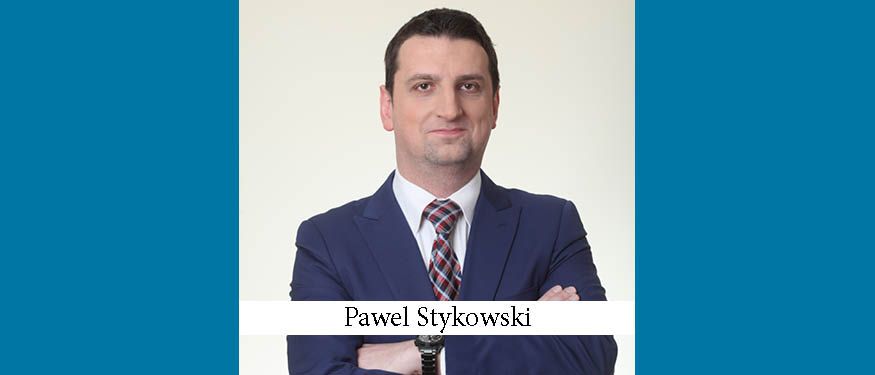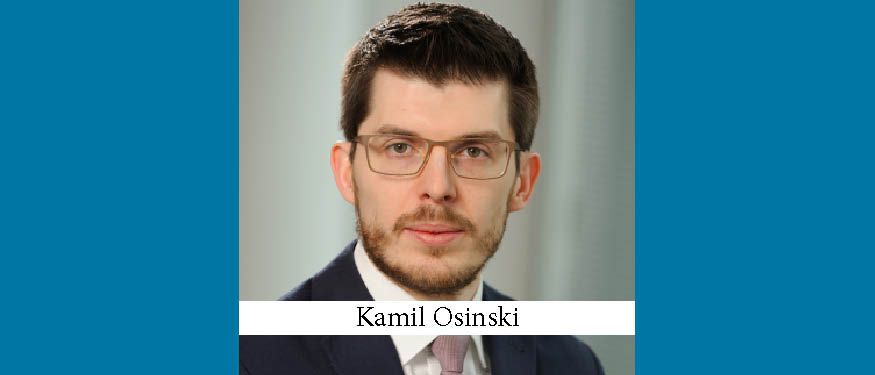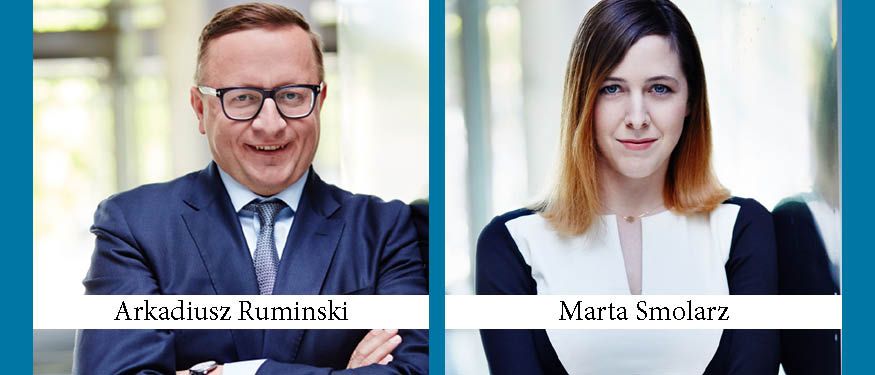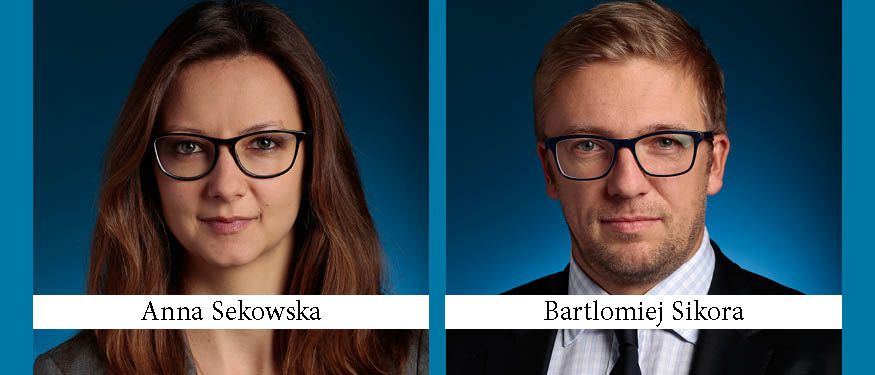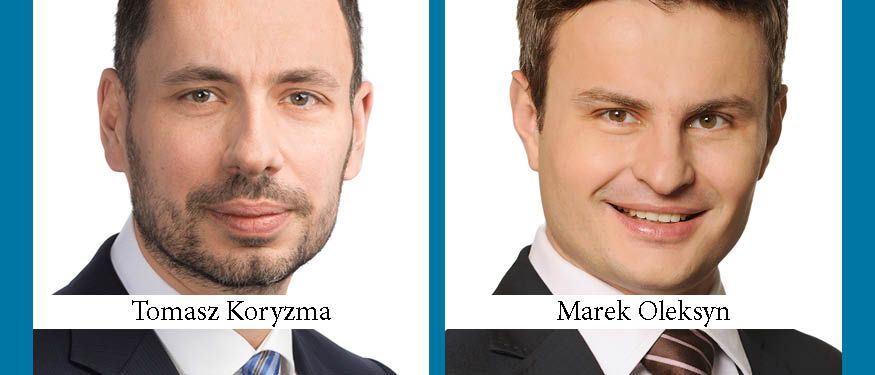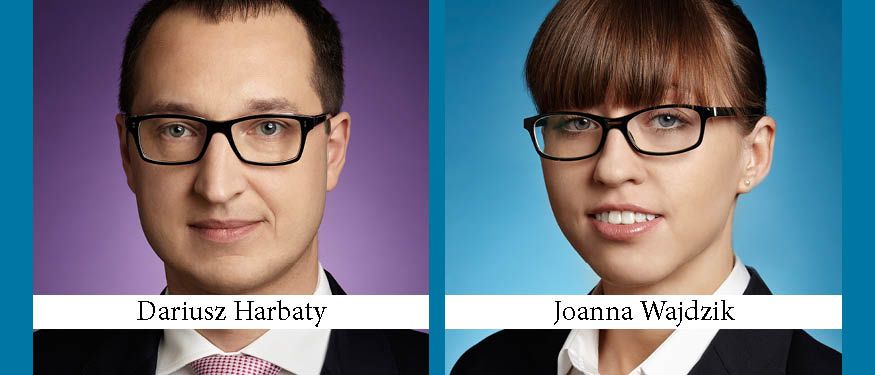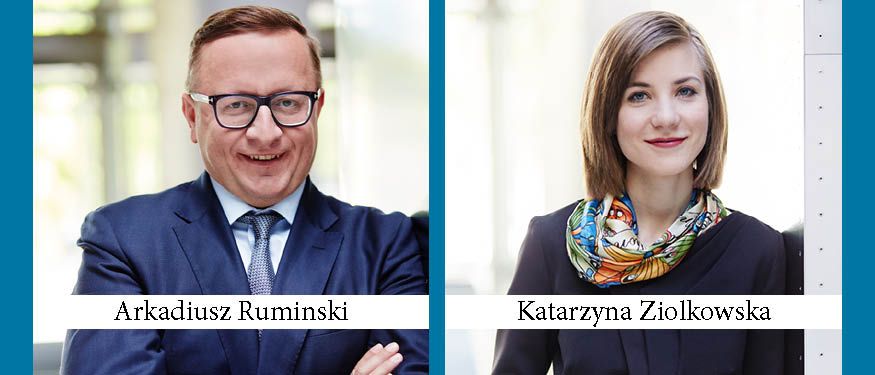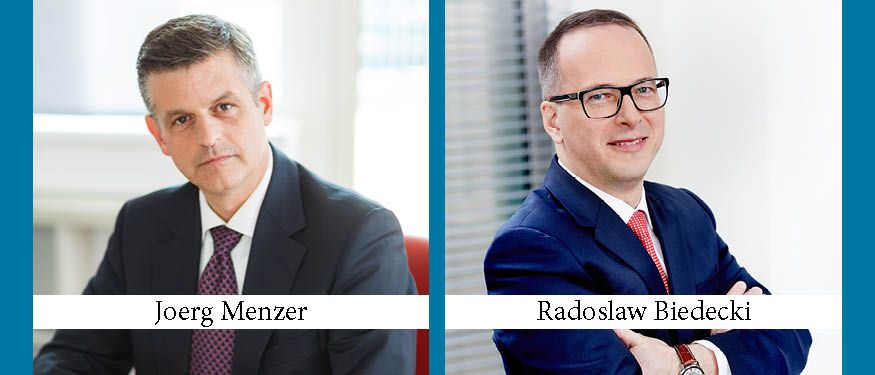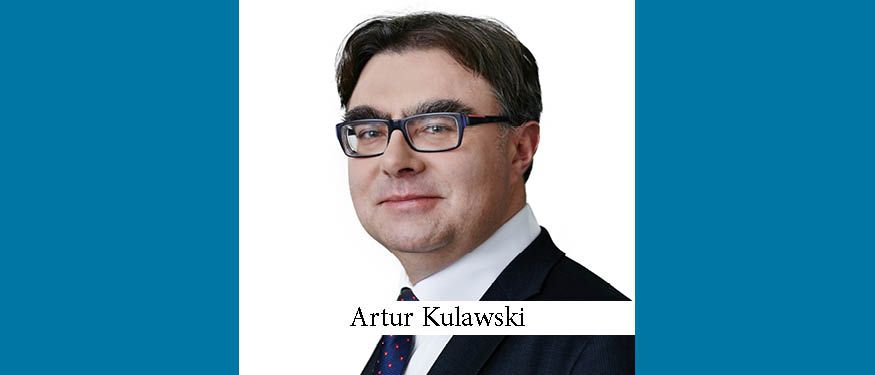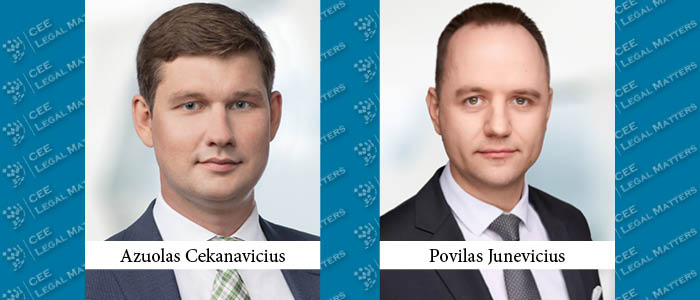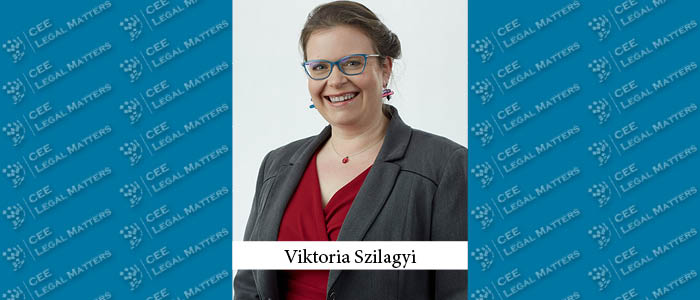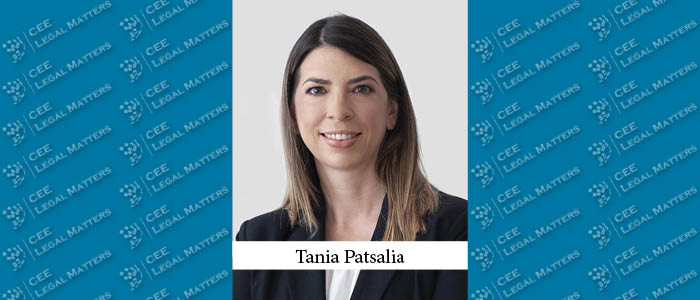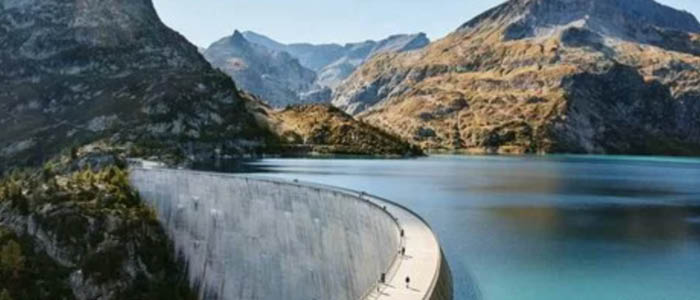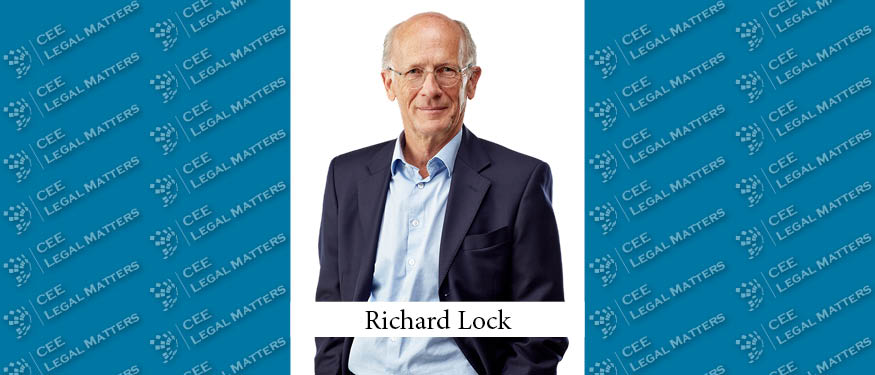The new Payment Services Directive (PSD2), scheduled to enter into force on January 13, 2018, will change the established business models in the payment market. This is due to new types of payment services and new rules which oblige banks to assist third party providers (TPP) in accessing their accounts and initiating payment transactions. Much depends on how PSD2 will be transposed into national legislation, a process which should be completed by January 13, 2018.
Capital Markets: The Bond Market in Poland Continues to Grow
The corporate bond market in Poland has continued to develop steadily throughout recent years and experienced marked growth in 2016. This is mainly due to the fact that the whole market continues to function in an environment of low interest rates.
Current Difficulties with VAT Refunds in Real Estate Transactions
The Polish tax authorities have once again changed their view on the VAT classification of specific activities. This time, the shift in opinion concerns real estate deals. Until quite recently, tax authorities agreed that in general the sale of a commercial building constituted a supply of goods and thus was subject to VAT.
Patent Assignment and Licensing in Poland
With ever-increasing spending on research and development and innovation, patents and patent applications are becoming an increasingly important part of business throughout the world, including Poland. Patentable inventions as well as confidential technological know-how now constitute key assets of numerous businesses operating across all sectors of the Polish market.
Comparison Makes Perfect: Turkey to Allow Comparative Advertisements in 2018
It would not be unreasonable to suggest that most developments in commercial markets occur as a result of competition between participants and manufacturers of similar products. From an end-user’s perspective, it is always easier to recognize products and/or make comparisons between products on the basis of specific brands/trademarks.
Third Annual GC Summit in Warsaw the Biggest Yet
The 2017 CEE Legal Matters General Summit took place at the Intercontinental Hotel in Warsaw on June 1-2, 2017, once again bringing together well over a hundred General Counsel and Heads of Legal from across Central and Eastern Europe for two full days (and one entertaining evening) of seminars, panel discussions, best practices review, and networking. This year’s event — the third annual, following the 2015 GC Summit in Budapest and the 2016 GC Summit in Istanbul — was the biggest and most successful yet.
Elite CEE Lawyers Gather in Warsaw for Market Makers Award Ceremony
On May 31 and June 1, 2017, CEE Legal Matters was proud to host a rare event: A gathering of those senior lawyers from each Central and Eastern European country identified by peers as being most influential, most important, most uniquely responsible for having created the country’s modern commercial legal market.
Dispute Resolution in Poland 2016
2016 has been a challenging year for dispute resolution in Poland, due primarily to the numerous changes in regulatory framework that have come or will come into effect. In particular, since the country’s 2015 parliamentary elections, the government has been working on regulations related to group action proceedings, procedures for collecting claims, and various criminal law issues.
Expat on the Market: Dan Cocker Partner at Allen & Overy
Dan Cocker is a Partner in Allen & Overy’s Global Projects, Energy, and Infrastructure Group. He covers the Central and Eastern Europe region and has been based in Warsaw since 2011, after previous stints in the firm’s London, Frankfurt, and New York offices.
Inside Insight: Pawel Stykowski Head of Legal at InterRisk
We first spoke with Pawel Stykowski, the Head of Legal at InterRisk in Poland, two years ago, in the December 2014 issue of the CEE Legal Matters. We decided to follow up with him now to see how his role and expectations have changed in that time.
Inside Out: KZP Helps Echo Polska Properties Acquire Seven Office Buildings in Poland
The Deal:
In November 2016, CEE Legal Matters reported that Kochanski Zieba & Partners had advised Echo Polska Properties N.V. on its EUR 265 million acquisition of seven office buildings in Krakow, Gdansk, Katowice, and Lodz from Echo Investment S.A. The sellers were advised by Weil Gotshal & Manges.
Bid Rigging – Still on the Radar
Over the past years the Polish Office of Competition and Consumer Protection (UOKiK) has been intensifying measures aimed at investigating tendering procedures.
Closing the Loopholes in the Polish Tax System
Tax dodging may cost Poland over EUR 11 billion a year. It is estimated that corporate tax evasion accounts for around EUR 2 billion annually. VAT frauds alone may cause the State budget losses of EUR 9 billion every year. These numbers have encouraged the Polish government to increase efforts aimed at closing existing loopholes.
Patent Enforcement in Poland: What to Watch Out For and Where Not to Stumble
The number of patent infringement cases in Poland is steadily growing. However, even the best drafted patents and clear infringement background may prove insufficient for effective enforcement in cases where a matter has not been properly prepared. The summary below focuses on key legal remedies available for patent holders to effectively counteract infringing activity in Poland and indicates the key aspects that need to be addressed.
The State of Polish M&A
Compared to 2015 – a very busy year for Polish M&A with the value of deals growing by 79% to EUR 6.9 billion, which positively distinguished Poland from other CEE countries – 2016 has turned out to be less intense. Still, although policies of Poland’s right wing government – the Law and Justice Party, which was elected in November 2015 – may have weakened investors’ sentiment somewhat, economic data remains respectable at 132 deals (compared with 177 in 2015).
New Rules on Consent to Data Processing
The new law on data protection matters at the European level has been discussed at length over the last few years. It will finally come into force as a Regulation on May 25, 2018. These new provisions will unify personal data protection measures in the EU, and therefore certain changes to data protection standards will be introduced in Poland too. Since the lawfulness of data processing is a key aspect, a closer look at the impact of the Regulation on the commonly used basis for data processing in Poland – consent by the data subject to the processing of his or her personal data – is useful.
Bigger and Better in Warsaw: DJBW Joins Noerr
CEE Legal Matters reported in November that a team of 11 lawyers from Polish firm DJBW will join Noerr’s Warsaw office effective January 1, 2017. Of the five Partners in DJBW, four – Witold Danilowicz, Witold Jurcewicz, Radoslaw Biedecki, and Ludomir Biedecki – will move to Noerr. CEE Legal Matters reached out to both Joerg Menzer, Regional Managing Partner of Noerr’s CEE offices in Bratislava, Bucharest, Budapest, Prague, and Warsaw, and Radoslaw Biedecki, who will become the new Office Head of Noerr in Warsaw, to learn more about the move and what led to it.
Guest Editorial: The Winds of Change That Transformed Everything
After 27 years of a free market economy and parliamentary democracy, 17 years inside the NATO structure, and 12 years of membership in the European Union, it is easy to forget how much has changed in Poland since the fall of communism. Looking back (and having the perspective of over two decades of professional experience), it is safe to say that nothing would ever be the same after Poland’s transformation.

